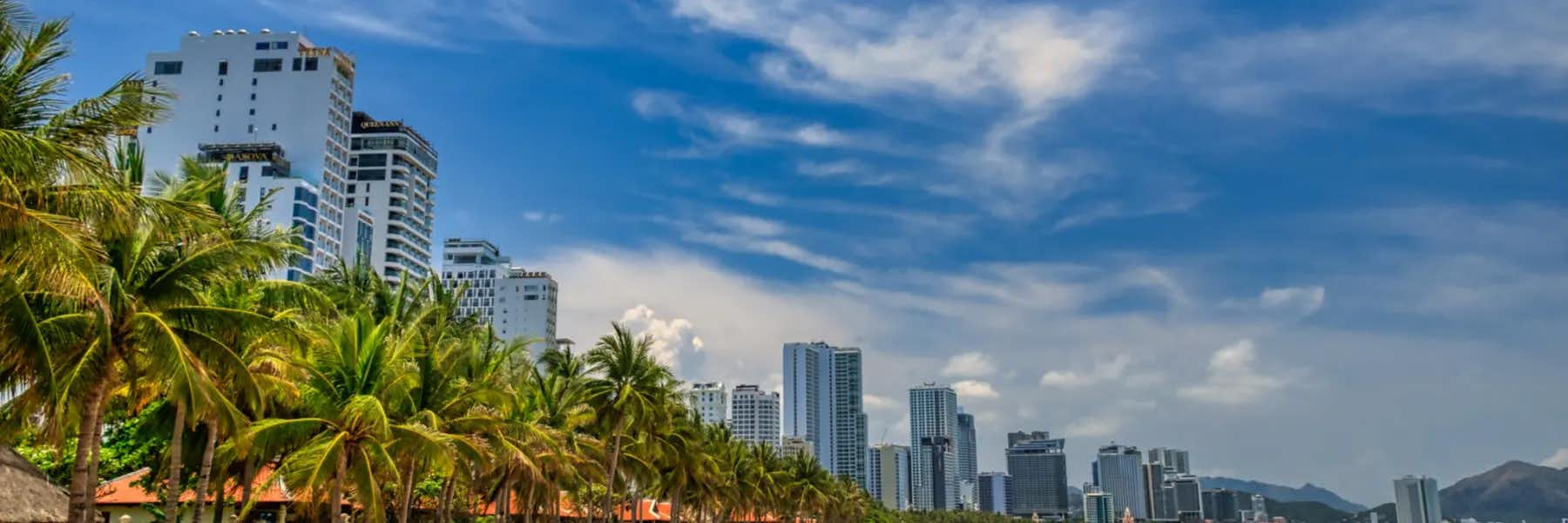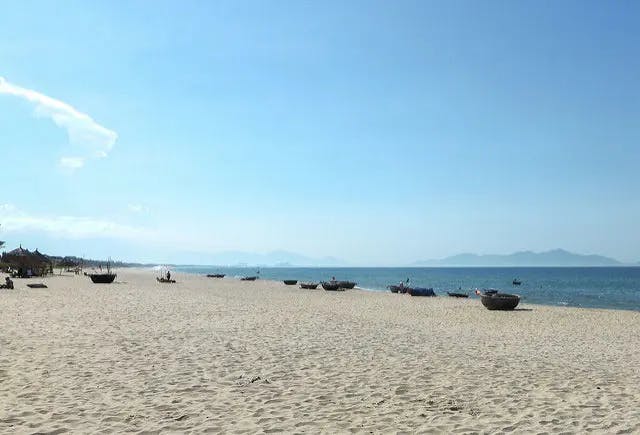Vietnam has long been closed to foreign property investors, but the laws changed in 2015. Now foreigners who are in the country with a visa that is valid for at least three months can own property in Vietnam.
The term “ownership,” though, does not imply that a foreigner can own a property outright, unless they are a Vietnamese returning from overseas (Việt Kiều). Instead, foreigners are able to purchase a 50-year lease on a property, which can be extended for an additional 50 years. That lease entitles the foreign purchaser to all the rights to that property that any Vietnamese citizen would have. The property can be rented or subleased, sold for a profit, used as collateral, donated, or passed along to heirs. This includes any real estate—single-family houses, townhouses, villas, condominiums, or apartments.
There is no limit to how many properties a foreigner can own, as long as they do not exceed 30% of the units in a condominium complex, or more than 250 landed properties per administrative unit.
Only properties that are located in a subdivision within an authorized project are available for foreign purchase. The majority of these eligible properties are in condominium complexes or resorts that are being constructed and marketed with foreign purchasers in mind. Most of these properties fall into the luxury category, though with a bit of searching, you can find some homes for sale for less than $100,000.
Since most available properties are located in resorts that have on-site management, vacationing in a purchased unit for a week or two each year and renting it out for the remainder of the year can be a good investment strategy. In some parts of the country, properties are expected to increase 10% per year in value, as well as having the potential to earn 7% or more per year in rental income.
There are several huge projects that are either under construction or recently completed in Ho Chi Minh City and in Hanoi, and smaller developments in resort areas in and around Da Nang, Hoi An, Nha Trang, and Vung Tau. Be prepared to pay top dollar if you are looking at properties in Hanoi or Ho Chi Minh City. Prices are lower elsewhere in the country.
There are some significant drawbacks that investors should consider before purchasing a property. Since the new real estate laws have only recently taken effect, many of the supporting civil laws have not yet been written.
For example, the law states that foreigners who purchase property with a 50-year lease can have the lease extended for an additional 50 years, but the law to codify it has not yet been established.
It is also not clear at this time whether the property, if it is sold to a foreigner by a foreigner, will be eligible for a new 50-year lease or sold with only the remaining time in the lease that is left from the initial purchase. This could significantly impact the value of the property.
Owning property does not qualify an individual for a long-stay visa. Property owners can stay in the country as long as they have a valid visa, but will still have to make regular visa runs.
The fees and taxes associated with property purchases are quite low. These include a 0.5% stamp duty (also known as a registration fee), and a notary fee of $50 plus 0.06% of the property value over 1 billion dong (about $45,000). There is also a personal income tax charge of 0.5% if just land is being purchased, or 0.65% if there is real property on the land.








